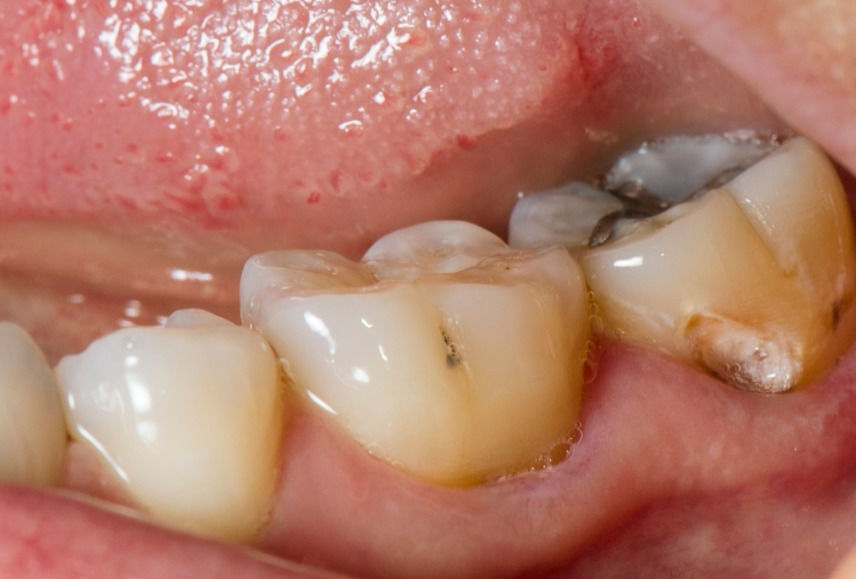Your Hormones Could be Working against your weight loss.
- Lola Oni

- Jan 16, 2021
- 3 min read
Our body is intricately formed by the creator. It is no wonder, scientists are still exploring and discovering. It was just in 1921 that the hormone, insulin was discovered. The knowledge of the presence of what is now referred to as an organ in itself, only came to light even more recently: that is the human microbiome (Gut bacteria). The implications of this for health is still being explored!
Hormones known to affect weight gain/weight loss
The human body functions with the help of chemical messengers called hormone. These substances are made in the body and carry information from one part to another. There are about 50 hormones at work in the body. For the purpose of this blog and in relation to weight loss/gain, I will focus on five. These are;
Sex hormones -
Thyroid hormone
Insulin
Leptin
Growth hormone

Sex hormones
These are oestrogens and progesterone (female hormones) and testosterone (male hormone).
Sex hormones regulate reproduction and sexual function as well as fat metabolism. For women, the level of these hormones change from month to month.
However, with age, the level of hormones drop in both male and female. This is a natural part of ageing. It can also be due to thyroid issues, excessive exercise, underweight, ovarian issues, undernutrition and deficiencies.
- Weight gain and fat accumulation around the trunk starts to happen when sex hormone levels begin to drop.
Thyroid hormones
These are thyroxine and triiodothyronine. They regulate the breakdown of fats, proteins and carbohydrate. They are important for body temperature regulation, healthy hair, skin and nails, digestion and weight.
Most common cause of hypothyroidism is autoimmunity. This is where the immune system attacks thyroid cells, chronic stress and mineral deficiency, in particular iodine and selenium.
- Weight gain is one of the signs of low thyroid hormones
Insulin
Insulin is typically known for regulating blood sugar by facilitating the transportation of glucose from the blood into cells. Insulin regulates carbohydrates, fat and protein metabolism.
Insulin resistance (the body becomes insensitive/unresponsive to insulin) can happen due to chronic stress, obesity, high calorie food intake and low physical activity.
- A sign of insulin resistance can be weight gain around the middle.
Leptin
This is known as the satiety hormone – regulating appetite. It is secreted from fat cells and carries the satisfaction signal to the brain. The brain signals the gut and you get the feeling of satisfaction.
The brain can become unresponsive to leptin due to inflammation. Inflammation arises from physical, emotional or physiological stress.
- Weight gain is a directed result of leptin resistance.
Growth hormone
Growth hormone influences bone and muscle building. Deficiencies are more prevalent in children, but where this happens in adults, it is due to malfunctioning of the pituitary gland (in the brain) due to tumour, head injury, or autoimmune disorder.
- One of the consequences of low levels of growth hormone in adults is fat deposition around the middle hence, weight gain.
One common denominator between these five hormones is that an imbalance leads to accumulation of body fat and weight gain.
How to naturally approach hormonal balance
1. Stress management – Managing day to day stress is a great place to start. Chronic stress is written everywhere and is a common cause of imbalance and inflammation. Check out my stress management strategies in previous blog. https://www.wellbeingcore.com/post/weight-gain-and-stress-what-s-the-connection
2. Diet and Nutrition – some imbalances are due to nutrient deficiencies, such as Zinc for insulin and testosterone, iodine for thyroid hormones, vitamin D for progesterone and oestrogens. Eating freshly cooked balanced meals in the right proportions helps to tackle deficiency. It is important at the same time to avoid added sugars and processed, pre-packaged, preserved, coloured, artificially flavoured, sweetened foods. These are often lacking in nutrients and your body does not need the other added components!
3. Exercise – moderate exercise has multiple benefits. Exercising reduces stress, burns calories (weight reduction), improves energy level, helps focus and concentration, increased feeling of wellbeing (body produces endorphins) improves circulation, improves sleep, boosts sex hormone (strength training improves testosterone level).
4. Limit environmental toxins – Pollutants like plastic, pesticides, herbicides, bleach, cosmetics are known as hormone disruptors. Studies have shown that these chemicals, when in the body, mimic the body’s natural hormones. When this happens, the brain is tricked into sensing the presence of hormones when it really is not there. The presence of the disruptors can be disruptive by triggering immune responses and low-grade inflammation.
Thoroughly washing fruits and vegetables before cooking or eating and using glass water bottles instead of plastic will go a long way.
Conclusion
So, in regard to weight loss, we see that a few things could be at play. Understanding these will help in your consideration of whether it will be beneficial for you to get on a short-term-type diet, from where you can readjust your food intake to maintain your result – as well as other lifestyle changes.
Or perhaps you will simply go for a lifestyle change where you make a gradual and sustainable change to how you eat, exercise, sleep, relax and de-stress.




Comments